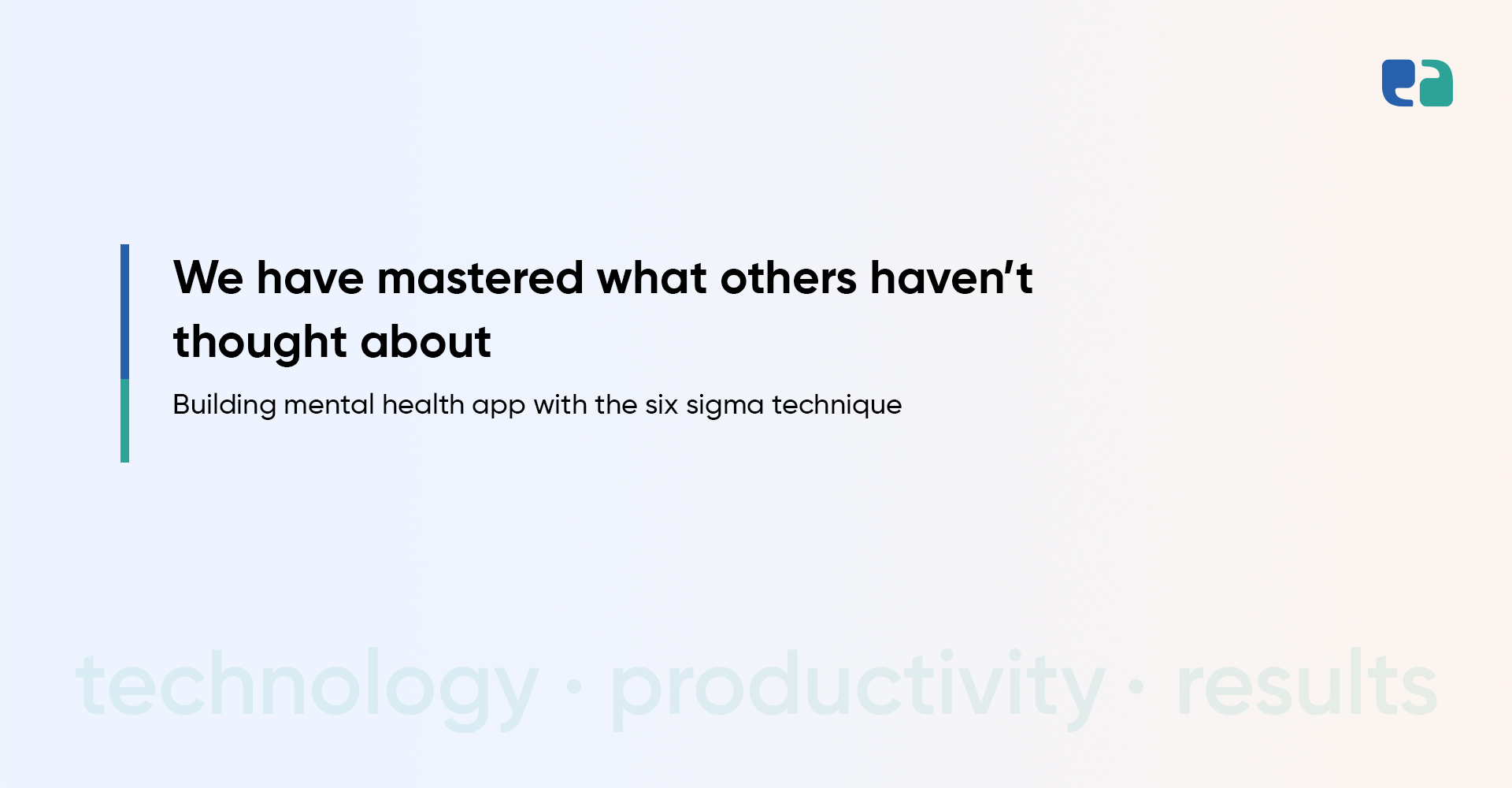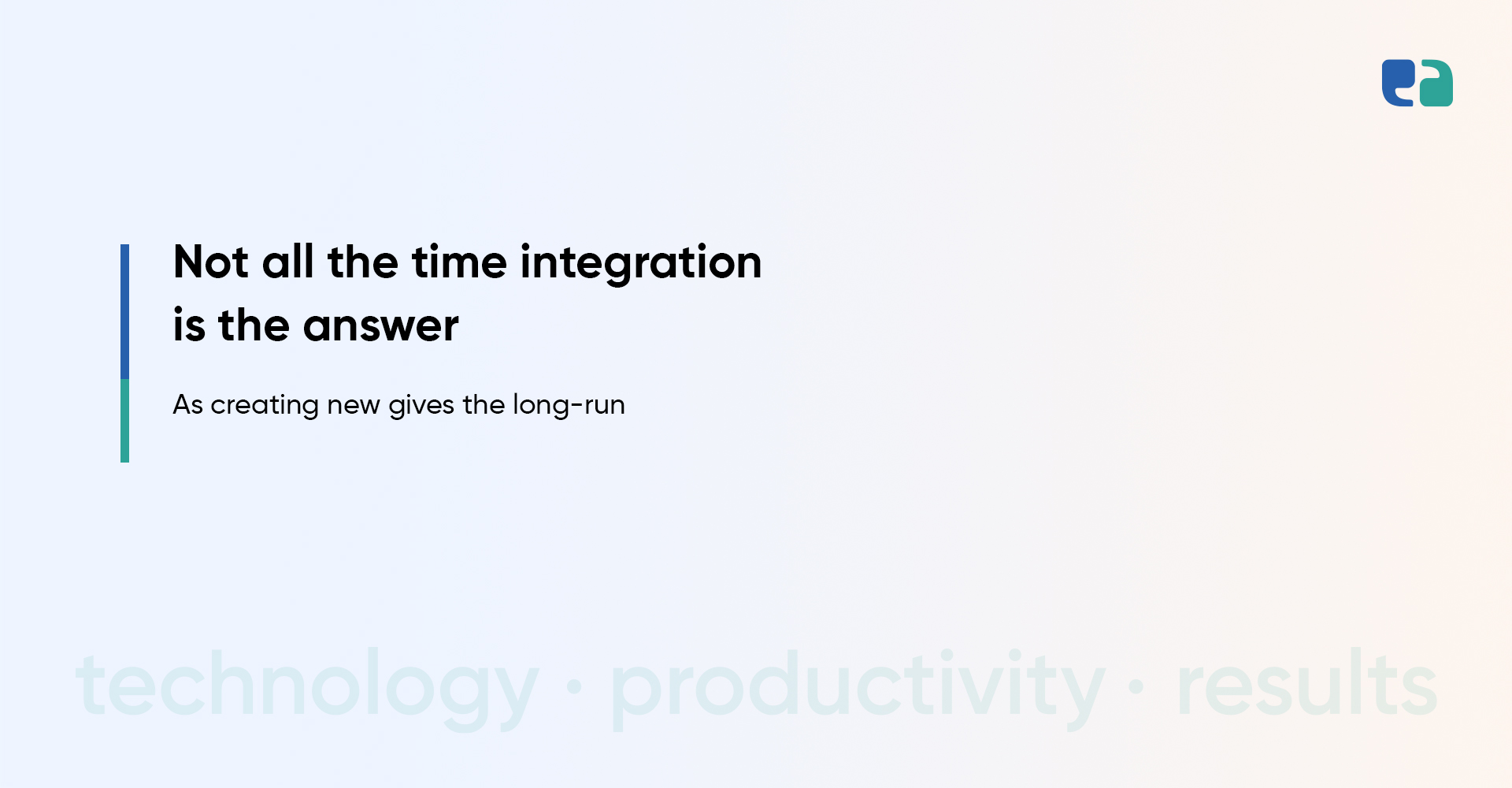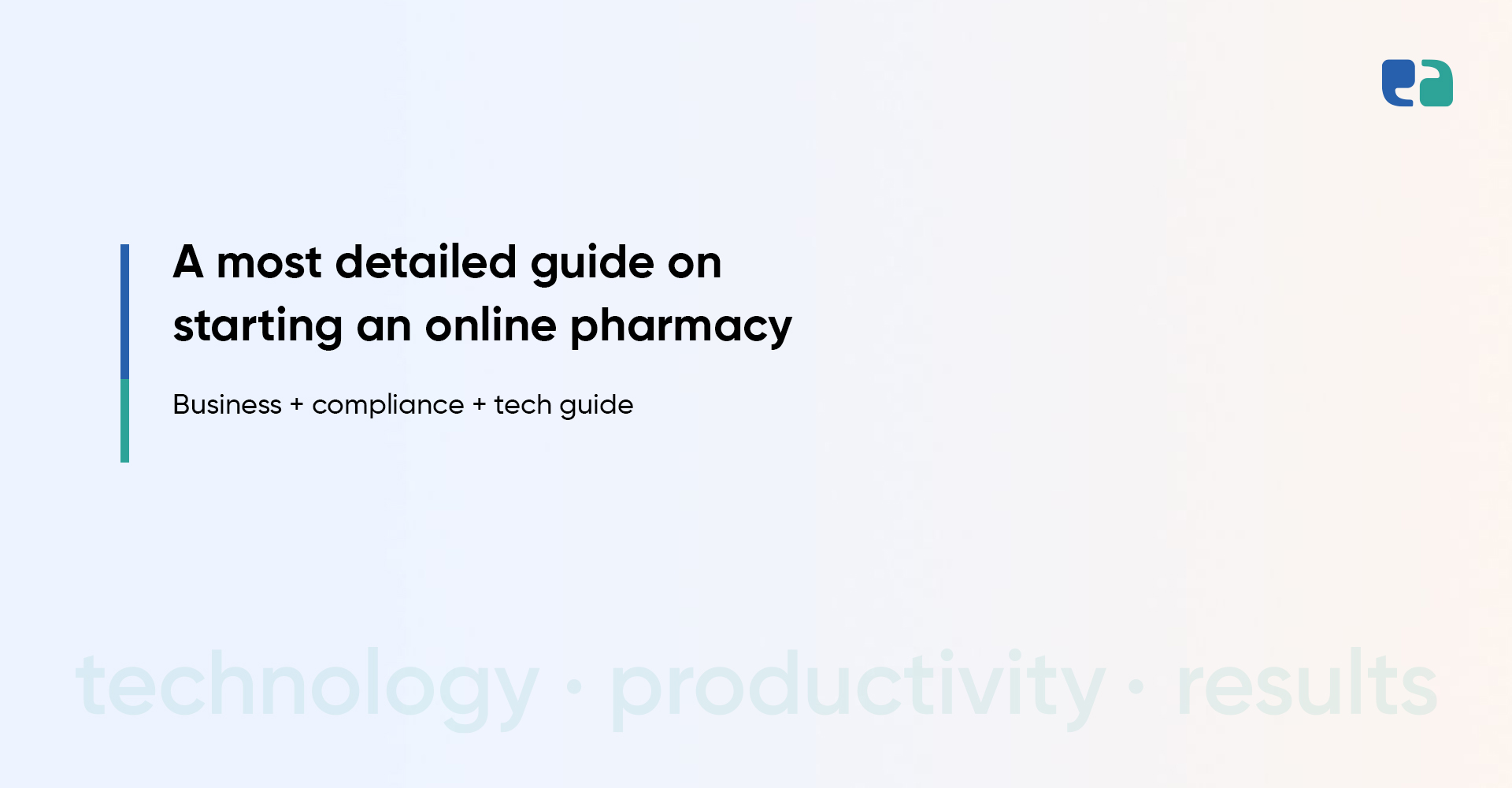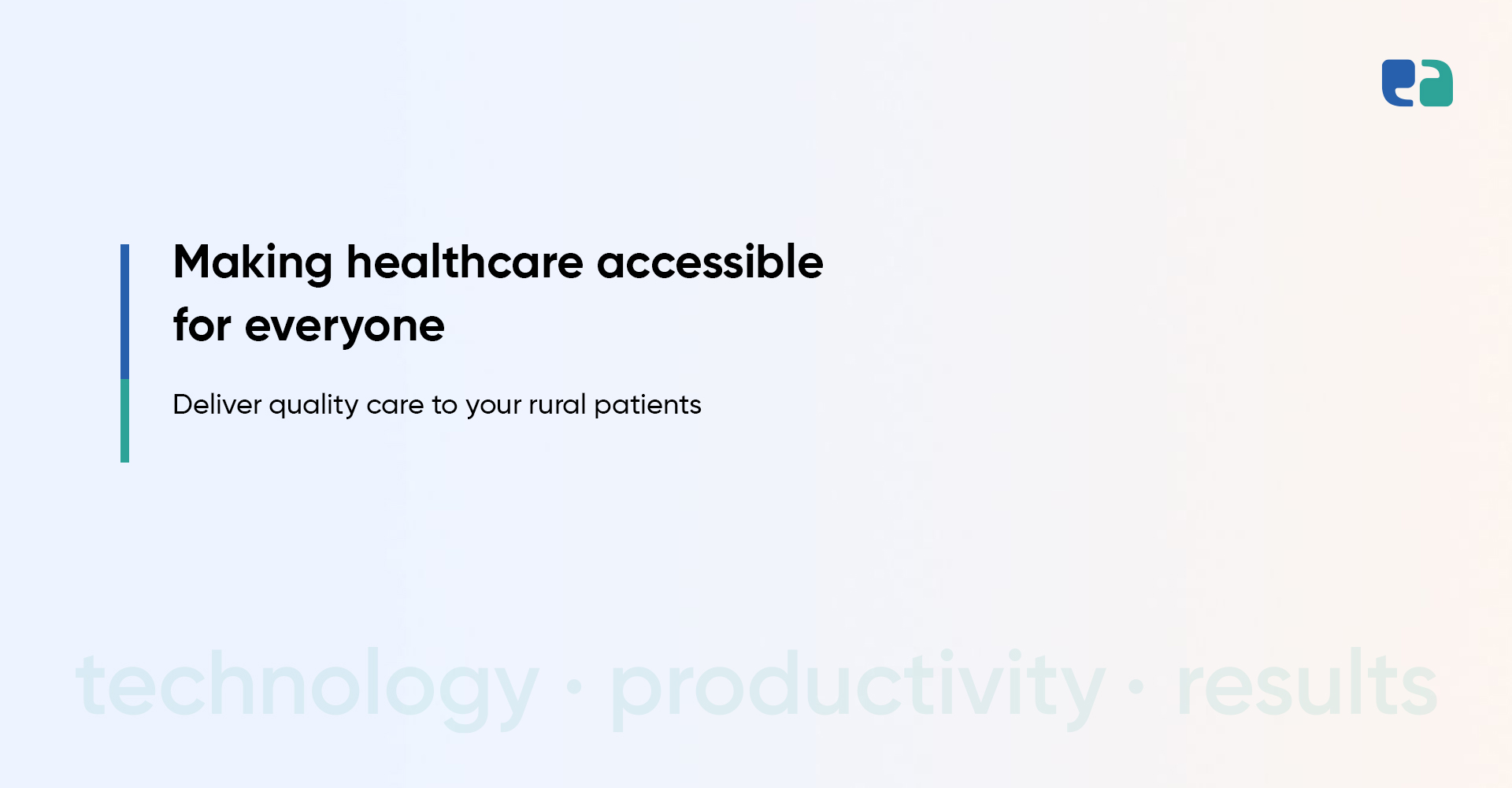How does the Mental Health App Development Market Operate Nowadays?
Let’s face the reality.
More than 90% of the total healthcare apps including mental health apps are a real mess.
Here’s why we think so.
- They don’t have good patient-focused UI/UX
- They don’t mimic clinical workflows
- They don’t have a purposeful feature set
- They don’t have a profitable business model
The only few things they have are lots of bugs, confusing UI/UX, and copied feature sets.
And that’s why only Calm and Headspace have still been dominating the mental health app industry.
The problem is not with the app idea.
The real culprit here is app development companies that build such crucial healthcare apps without possessing any knowledge of clinical protocols and workflows.
Their UI/UX team is jam-packed with designers who don’t have any experience designing a mental health app by themselves.
Their business analysts show fake intelligence.
They talk about excellence but don’t talk about healthcare.
They don’t even know how healthcare billing works.
That’s not it!
They take it to the heights of irony when,
They claim to build a world-class mental health app without knowing healthcare compliance or dedicated compliance experts on the team!
How can you Identify and Avoid Falling into such a Mess of Mental Health App Development?
It is the result of a series of mistakes that you commit unknowingly.
These mistakes may include,
- You don’t hire a healthcare-specific IT company that only works on healthcare IT projects.
- You don’t consider the healthcare passion of your hired app agency.
- You don’t ask for the results they have delivered in their past healthcare projects.
- You don’t validate whether your hired app agency has on-ground knowledge of the healthcare industry.
- You don’t validate if they have dedicated compliance specialists or at least expertise in healthcare compliance in any of their team members.
- You don’t ask how they will deliver a maximum stabilized app or app with almost zero severe bugs.
- You don’t ask how your hired app agency will support you after the app delivery.
The Cost of Avoiding vs Falling into a Mess Created by Non-healthcare-specific IT Companies
Every small step in your app development journey either results in a success or a disaster.
It all depends on whether you avoid the mess or fall into it.
The cost that you pay when you fall into such a mess:
- You waste your time, money, and efforts as the outcome of your mental health app does not meet your expectations
- You’ve successfully launched your mental health app in the market, but wonder why it fails to outperform other apps!
- You helplessly see your target audience using other apps because your app was not built keeping the user needs and personas in mind
- Every day, you receive feedback from users complaining about severe bugs in your app
- Your app often behaves abnormally and you don’t have any available support team to fix the issue
- Your app collects, uses, and shares patient data but does not address the healthcare data privacy laws
The cost you acquire when you successfully avoid falling into such a mess:
- You attain peace of mind during and beyond the app development journey as there is a team of healthcare IT experts backing you
- You receive 10X Return on Investment
- Your mental health app delivers clinical value to the users
- You see your mental health app making its mark in the overly-explored market
- Your app is compliant with all applicable data privacy laws – HIPAA, PHIPA, PIPEDA, GDPR
- You are just a phone call away from the support team
- The app has a precisely-planned feature set that is equipped with common, advanced, and even good-to-have features
- Users find your mental health app useful as it is built to deliver results to them
We Don’t Mess Up Mental Health App Development as We Apply the Six Sigma Technique
Does six sigma deal with delivering the highest level of accuracy?
Yes, it delivers as high as 99.99966%.
To be a six sigma company, endless persistence toward building and delivering products with only 0.00034% defects or bugs is required.
The number is so thin that it takes years of practice with a firing passion.
But it is not impossible.
To achieve this, you need to understand the core of any six sigma company.
But what is it?
Define > Measure > Analyze > Improve > Control
Since our inception, we have had the vision to achieve the standards of a six sigma company by delivering beyond the industry standards.
And after years of healthcare IT practice, persistence, and passion, we’ve finally cracked it!
Today, whatever we build for healthcare startups, providers, and enterprises, we achieve the highest-ever quality and clinical excellence.
Because we have invested our time for the last 8+ years mastering the art of the six sigma technique.
But how did we achieve the crucial goal of building and delivering mental health apps with 99.99966% accuracy?
- We always remain healthcare-specific. That’s our only way to outsmart other non-healthcare-specific IT companies when it comes to quality.
- We onboard our team members who have only been working on healthcare IT projects since the first day of their professional careers.
- We build mental health apps – of course with code – but with a healthcare passion too.
- We leverage our team of healthcare professionals to infuse clinical value into technology products.
- We spend 60% of our time on building a strong foundation – discovery, documentation, workflows, compliance – and only 20% on coding and the remaining 20% on testing.
- We get the app tested through dedicated QA engineers with a zero-tolerance policy.
- We become your strategic partner and be with you from ashes to glory.
- We give equal priority to healthcare compliance and data privacy laws.
- We keep it simple for your users but very complex for your competitors.



